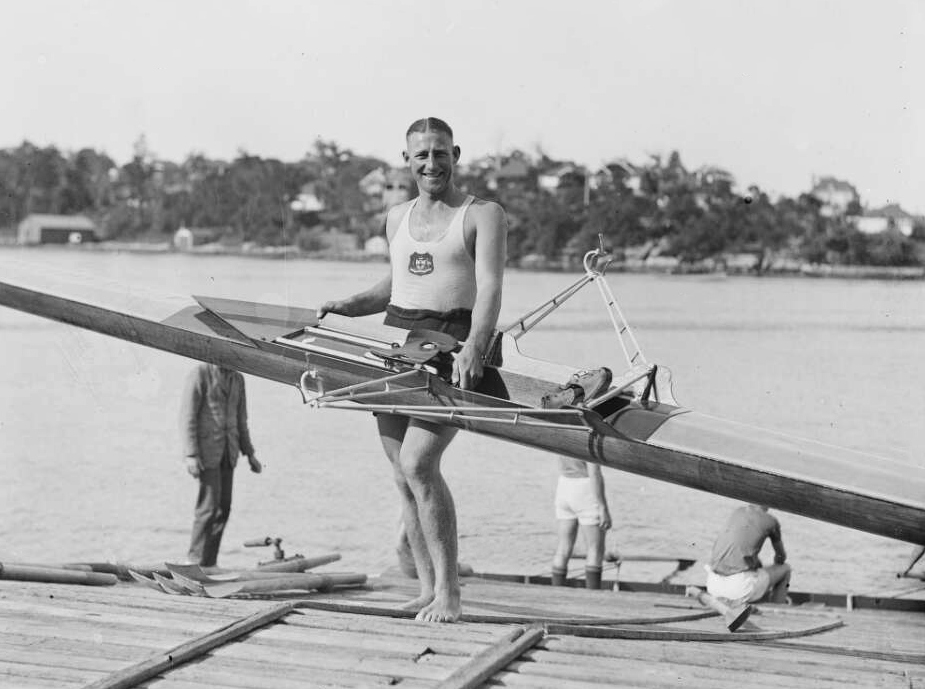If the name Henry Robert Pearce does not ring a bell to you now, take a mental note of it for the future. That is the name of one of, if not the, greatest rower of all time. In his whole lifetime there is only one record of him not coming first, that was when he was 16 years old. Since then he dominated the sport and never met someone he couldn’t defeat. In fact the closest he came to losing a race in his adult life was not because of a competitor, it was because of some ducks.
Pearce was racing in the quarter finals of the 1928 Olympics. To qualify for this event Pearce had already been making a name for himself. He beat both of his previous opponents by more than half a minute. In the quarter final he faced a formidable opponent, Vincent Saurin, a French man who held nine national and three European titles. Pearce was winning with ease. The man always had an appearance as though what he was doing was easy. He was rowing comfortably ahead when he saw some people getting agitated on the sideline. They were pointing in the water behind him, the direction he was going.
To his surprise, Pearce saw a mother duck and a row of ducklings crossing the water. His boat was heading right for them and was sure to make a collision. With a place in the semi finals on the line, Pearce stopped his rower and let the ducks pass. In whatever time it took for the ducks to make their way across his boat, Saurin had caught up. By the time Pearce started rowing again, Saurin had a five length lead (he paid no notice to any ducks as he went passed).
While that decision alone is incredible, what Pearce did next is why his name will forever be offered up as the greatest. With 1000 meters to go Pearce managed to finish 30 seconds ahead of Saurin! He would, unsurprisingly, go on to win the Olympic event and set a new record in the 2,000 meter event. That record stood for 44 years.
Pearce had a successful career as a rower but as amateurs are only allowed to compete in the Olympics he earned very little money and struggled in his private life. He defended his title in the 1932 Olympics and turned pro straight after. This would allow him to finally earn some money for his incredible talents. He was undefeated in his six year pro career as well. The man is now a legend in the rowing world for his incredible talents but also for his kind nature. To have the caring and kind nature to allow ducks to pass is a remarkable sentiment from a top athlete. How many would do the same today?










